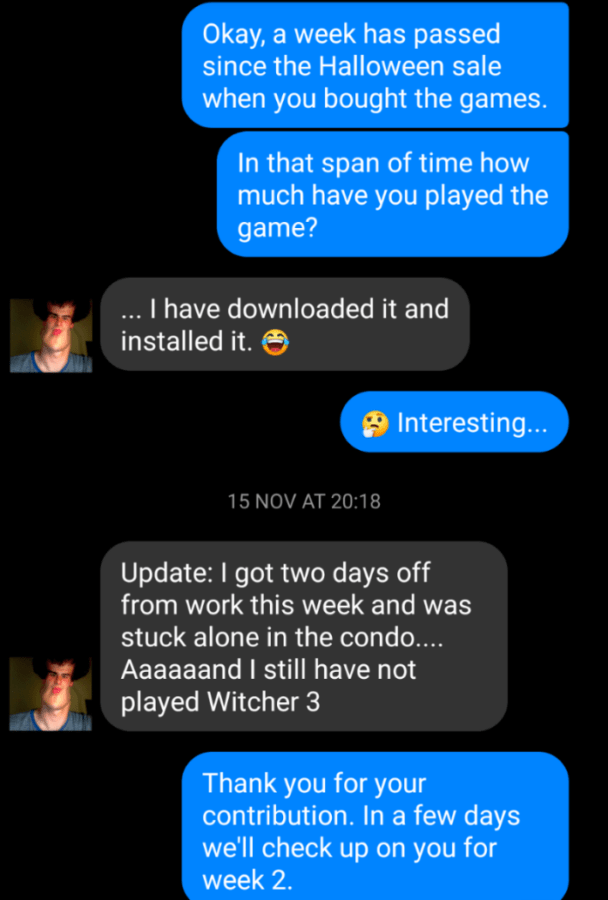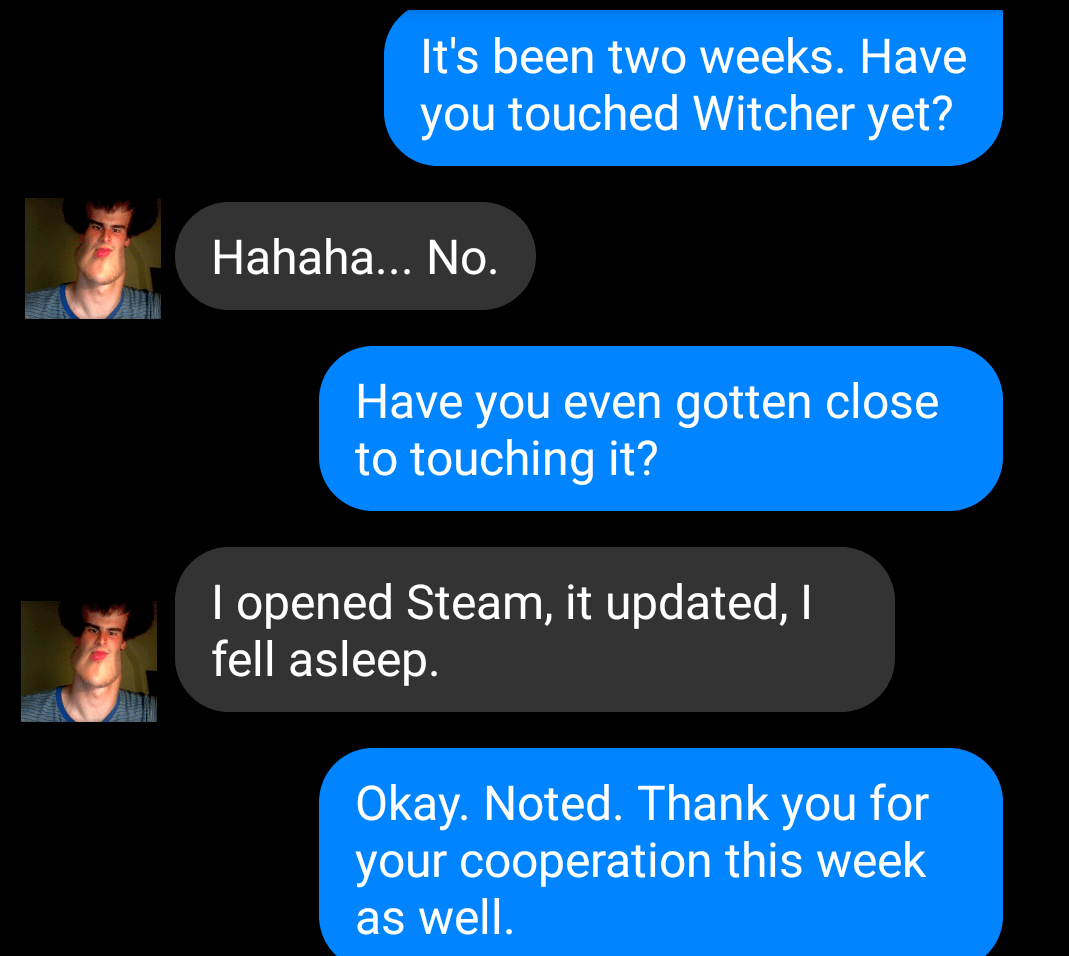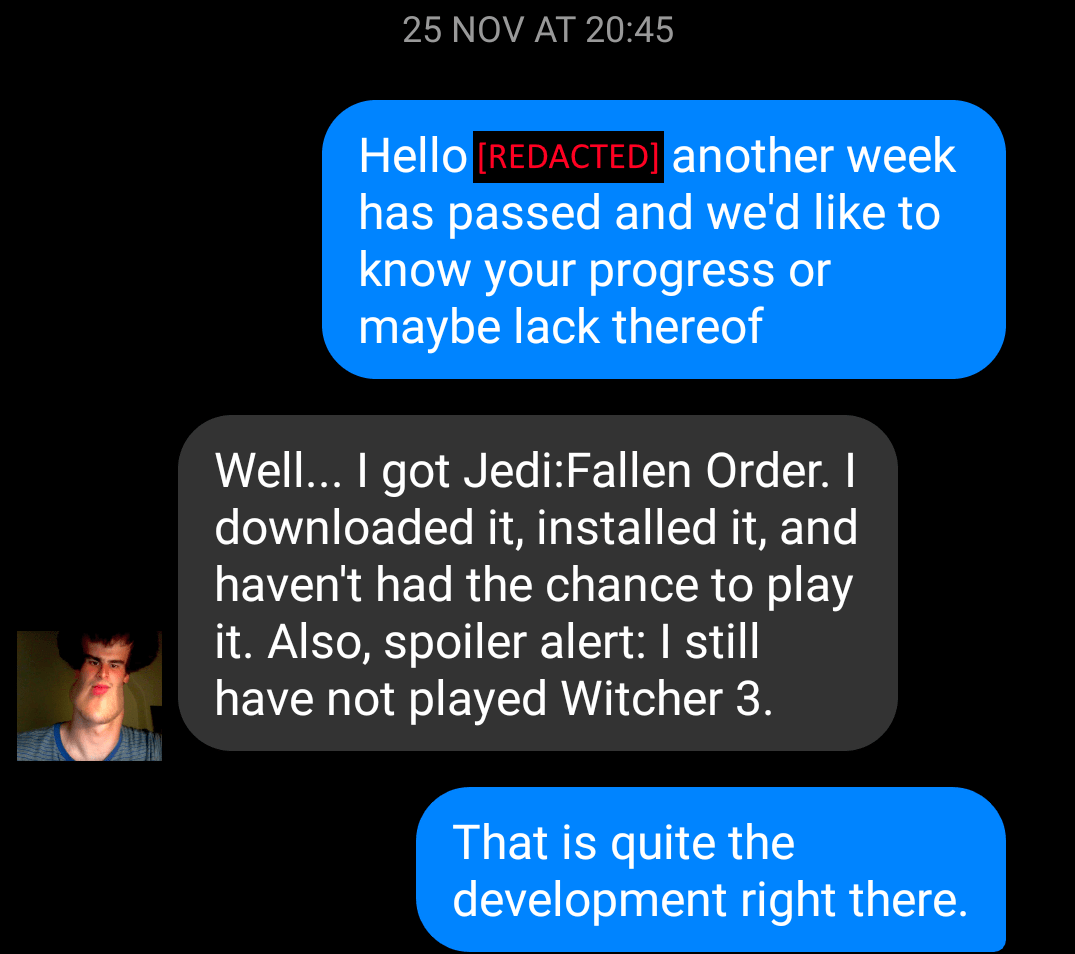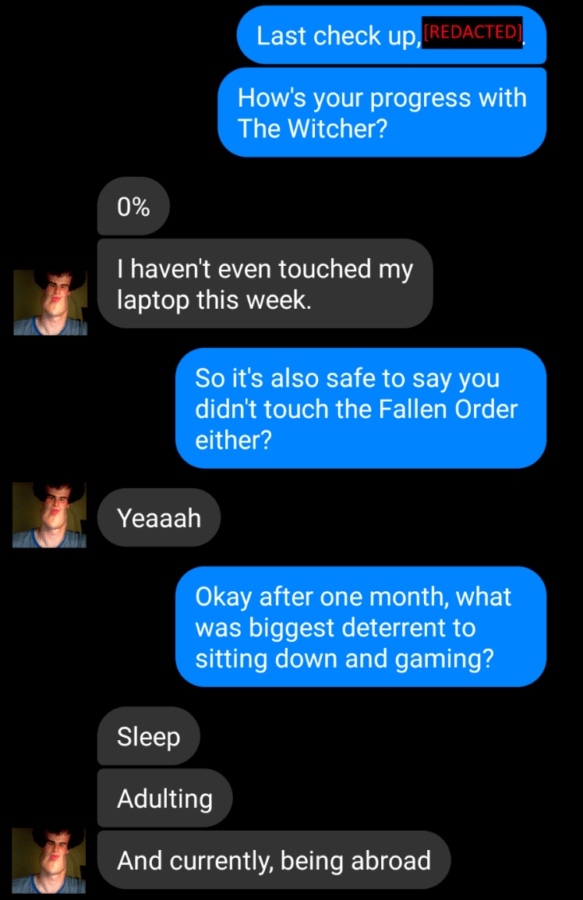Buying Games During Steam Sales But Never Finishing Them: A Scientific Documentation
We’ve all talked about the experience of buying games during Steam Sales but never playing/finishing them. But no one has ever scientifically studied and documented this phenomenon. Here at What’s A Geek! research labs, we will attempt to document this phenomenon for future research and future generations
Steam Sales: The Devil’s Temptation
Steam sales aren’t a special concept. In fact, the idea of a discount sale has been around for as long as modern consumerism. Steam just takes it into the digital age with digital copies of games.
In speaking of, Steam has an intimidatingly-vast catalog of games appealing to gamers of all ages, preferences, and budgets. During a sale, games can get incredulously cheap. You might find a current game at a much more acceptable price, or a nostalgic game for as low as a can of Mountain Dew.
Thus, the temptation is quite real. We’re more readily able to justify a purchase because of those devilish -X% indicators near the price tags.

And when we eventually buy it, do we play it? A lot of people say no. There are instances of this even outside steam sales like with HumbleBundle. Some people just buy a lot of games from Steam Sales and third party sales because they’re cheap and never play them.
Impulse Buys: Case Study
In order to investigate this phenomenon more closely, we got one of our members here at What’s A Geek! to tell their story of buying The Witcher 3 last Halloween sale. We followed them for a whole month and checked up on them every Monday. Here are the results:
Week 1:

A week has passed and the subject has yet to play The Witcher 3. Granted, the subject has already installed the game, which seems to be a step in the right direction.
Internet is slow in the Philippines after all, and setting aside time to download the game – especially a game as big as The Witcher 3 – is most probably a good idea.
As indicated in the chat logs, even with days off, the subject has continually ignored the game.
Week 2:

Two weeks in and the subject has yet again failed to touch their copy of the title. The subject has come close by opening Steam to find that the game needed updating.
Week 3:

Another week passes and still no play time for The Witcher 3. But an interesting development happened: the subject had bought another game. We see here the cumulative effect of buying games you won’t play.
People will keep buying games without actually getting around to playing them. They’ll keep repeating this behavior until they’ll spend an exorbitant amount of money and a huge library of games that they won’t really touch.
In fact, one look at your collection and you’ll be intimidated at the sheer amount of games silently screaming imperatives at you. “PLAY ME! PLAY ME!”
But you won’t, you’re overwhelmed. And then you’ll unconsciously curl up into a ball and cry, paralyzed by the weight of your sins.
Week 4:

A month later, and the game has not yet been touched. Even more so, the laptop hasn’t been touched.
The other game that was bought in the middle of this case study was also not touched.
The subject referred to “Adulting” as a reason for not being able to play these games. This is the paradox of a gamer’s life. As a kid, you had all the time to play games and would have a steady supply of new games every birthday or Christmas or more depending on your economic stature.
But even then, you didn’t have your own money, so your purchases have to go through a “gatekeeper” (a.k.a., parents and guardians).
As an adult, you have your own money and can allocate as much money as you deem appropriate to buying games.
And with Steam, buying cheap games is a cakewalk. But since you need to work to obtain that money, you don’t have as much time. On top of your other obligations, that time just get slowly eaten up. Refer to the expertly made graph below.

Conclusions:
I don’t want to be an adult anymore. Baby want to play video game.




